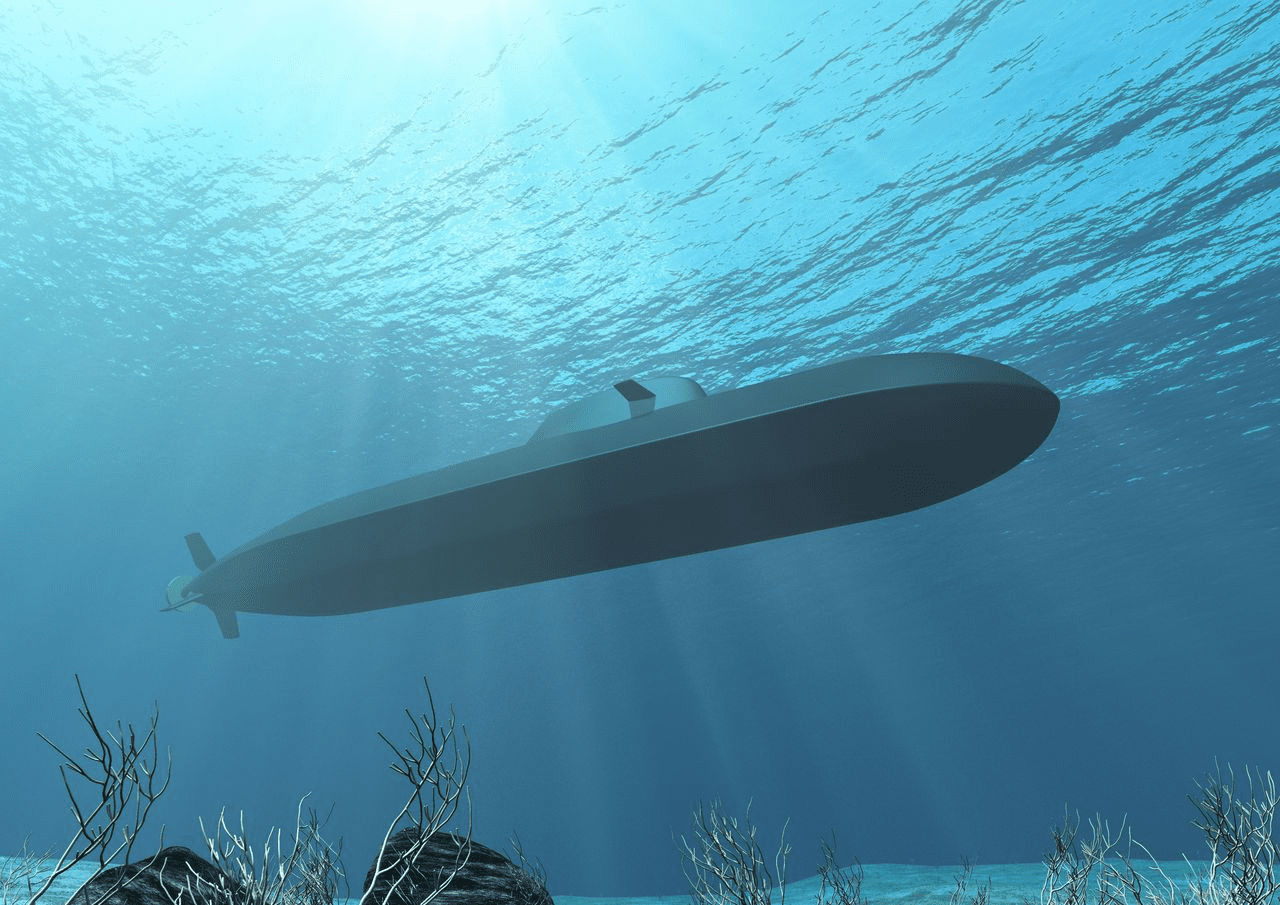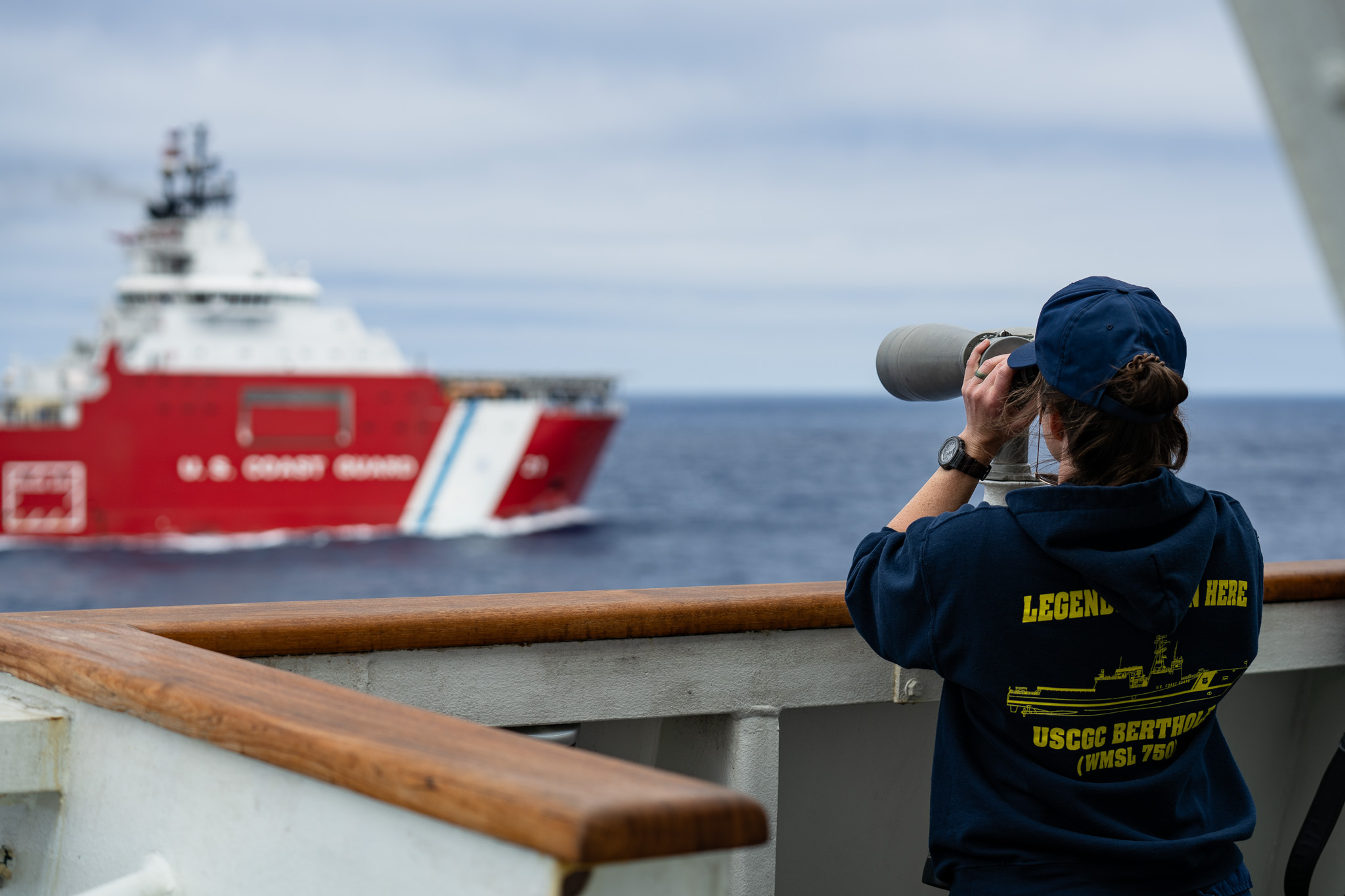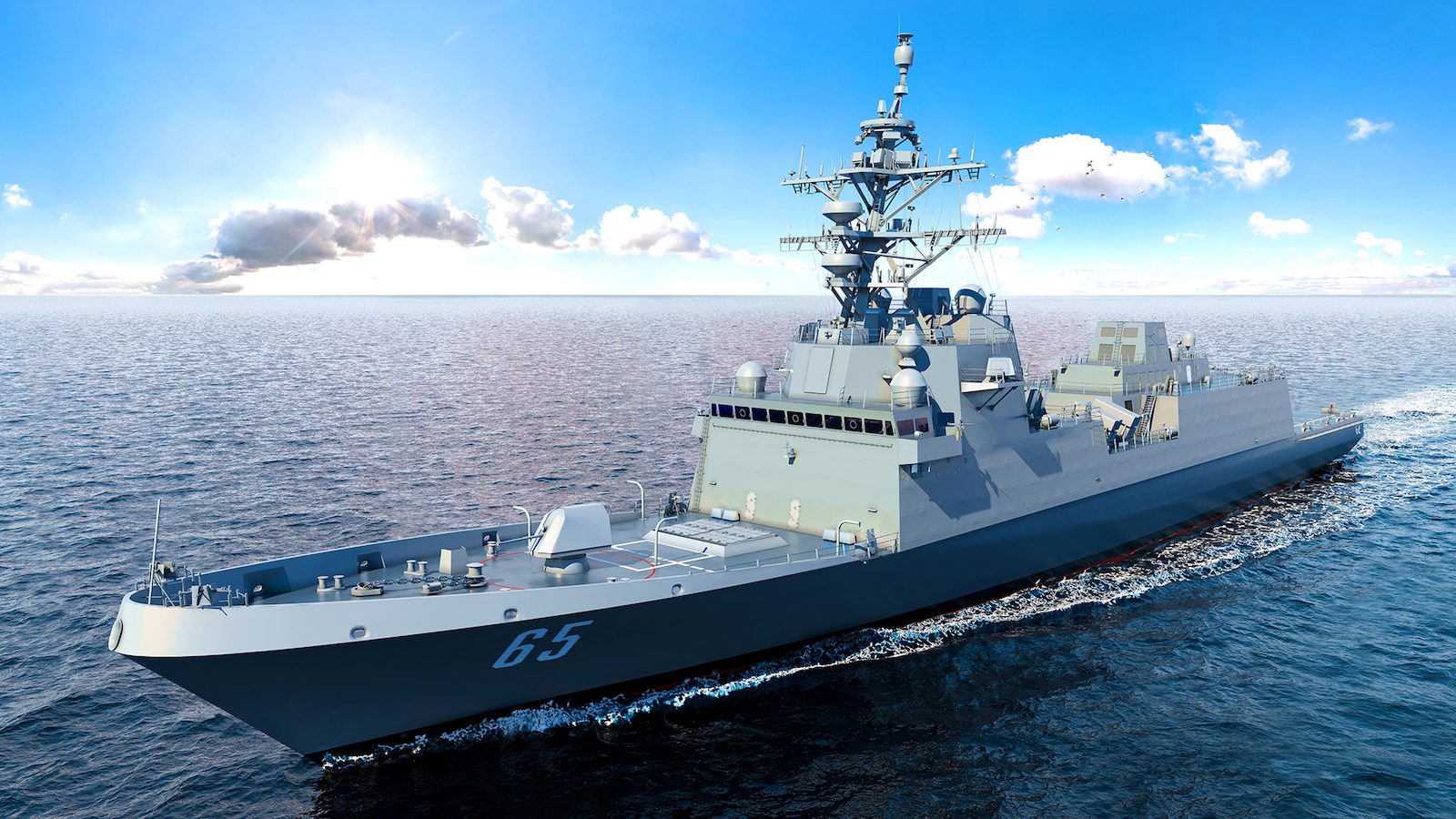By Kamil Kowalcze and Michael Nienaber
Dec 18, 2024 (Bloomberg) –German lawmakers approved the government’s request for €4.7 billion to buy four additional U212CD submarines from Thyssenkrupp Marine Systems GmbH on top of the two already ordered.
The approved bid also includes €2.66 billion to cover potential changes to contracts, €1.4 billion for operational costs and €263 million in additional financial padding should Germany’s partner Norway pull out.
The purchase was among more than 35 procurements signed off on by the lower house of parliament’s budget committee on Wednesday, according to people familiar with the decision, who asked not to be identified discussing a confidential meeting. The ruling Social Democrats and Greens needed the backing of opposition lawmakers to secure approval as Chancellor Olaf Scholz’s governing alliance no longer has a parliamentary majority.
The submarine order is the latest big-ticket purchase rammed through by German Defense Minister Boris Pistorius, who has forged ahead with modernizing the nation’s armed forces, known as the Bundeswehr, after years of neglect following the end of the Cold War.
Russia forced Germany’s hand in February 2022 with its full-scale invasion of Ukraine, prompting Scholz to announce the creation of a debt-financed, off-budget fund for the military worth €100 billion.
The chancellor pledged at the time that Germany would meet NATO’s goal of spending 2% of its gross domestic product on defense going forward, even after the dedicated fund is exhausted by the end of 2027.
“We need the submarines because the maritime threat situation urgently demands it,” Pistorius said this month during a visit to NATO ally Norway.
“The Russian navy is extraordinarily active in the North Sea, the northern Atlantic and the Baltic and represents a clear threat there which we must counter,” he added.
Germany and Norway are cooperating on the construction, operation and maintenance of their submarine fleets. The Norwegian government is also buying six U212CD vessels.
During his Norway trip, Pistorius took part in a groundbreaking ceremony for a maintenance facility in Bergen and said the two nations could expand their naval partnership to include jointly developing and building a navy frigate.
“We must face the facts: NATO states are exposed to hybrid threats,” Pistorius told reporters, adding that Russia “also constitutes a very serious maritime threat.”
“We must better protect our critical undersea infrastructure and demonstrate to foreign powers that we are vigilant and able to defend ourselves,” he said.
Norway is set to receive the first new U212CD in 2029, and Germany will get its first three years later, according to the defense ministry in Berlin.
© 2024 Bloomberg L.P.

 Join The Club
Join The Club











